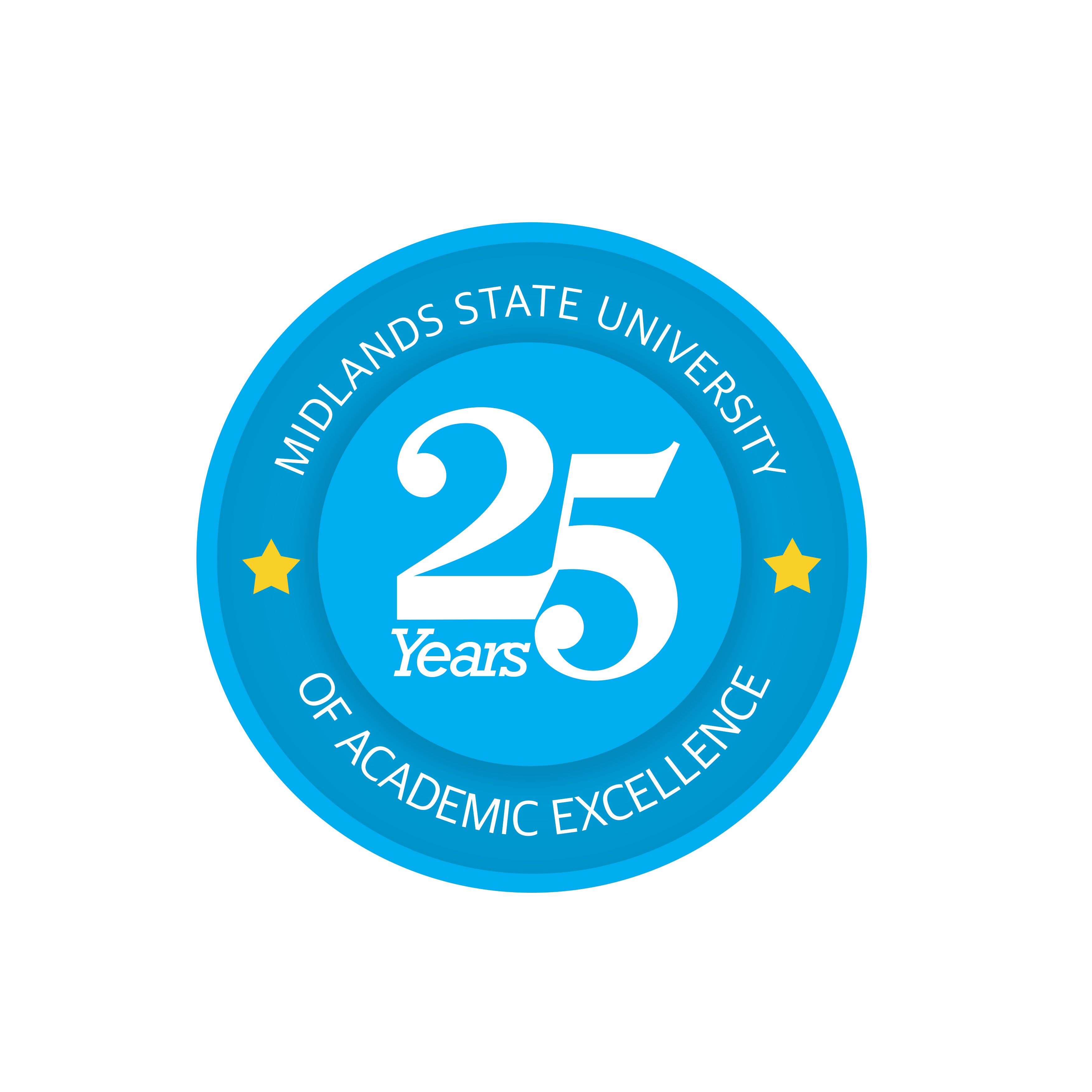On the 14th of November 2023, Midlands State University’s Multi-Purpose Hall (MPH) at Gweru Main Campus was abuzz with anticipation as academics, researchers, and education advocates gathered for a groundbreaking public lecture on the transformative potential of instructional technology for children with disabilities.
Held under the auspices of Midlands State University Research and Innovation Division in collaboration with United Nations Children’s Emergency Fund (UNICEF), the event was aimed at shedding light on the advancements in instructional technology and their impact on learning outcomes for this marginalised group.
The MSU Vice Chancellor, Professor Victor Ngonidzashe Muzvidziwa, in his welcome remarks emphasised the institution’s commitment to inclusive education.
“As an institution, we recognize our role in providing a platform for meaningful discussions towards achieving inclusivity in education and society as a whole,” Professor Muzvidziwa remarked.
Professor Muzvidziwa further underscored the importance of leveraging technology to bridge the learning gap for children with disabilities.
“We need to evaluate the socio-economic gaps in access to education for children with disabilities, and identify emerging needs in technology and resource development,” he said.
Following the Vice Chancellor’s address, Mr. P. Chivore, the UNICEF Chief of Social Policy, Social Protection and Research stressed the significance of collaboration in realising inclusive education.
“By harnessing the potential of instructional technology, we can break down barriers and create an enabling environment for all children to thrive,” Mr. Chivore said.
The highlight of the day was the public lecture presentation by the esteemed guest speaker, Professor dr. Tsitsi Chataika, an internationally recognised expert in the field of instructional technology and inclusive education.
She highlighted the transformative impact of instructional technology on learning outcomes for children with disabilities.
“When used effectively, instructional technology can make a difference between participation and marginalization in the teaching and learning processes,” Professor Chataika highlighted.
Professor Chataika’s presentation showcased various innovative instructional technologies, including assistance devices, specialised software, and visual reality applications.
She emphasised the importance of incorporating these tools into the educational landscape to create a more inclusive and engaging learning experience for children with disabilities.
The public lecture sparked a lively discussion among attendees, with participants sharing their experiences, challenges, and success stories.
The event provided a platform for fruitful exchanges of ideas and best practices, serving as a catalyst for further research and innovation in instructional technology.


